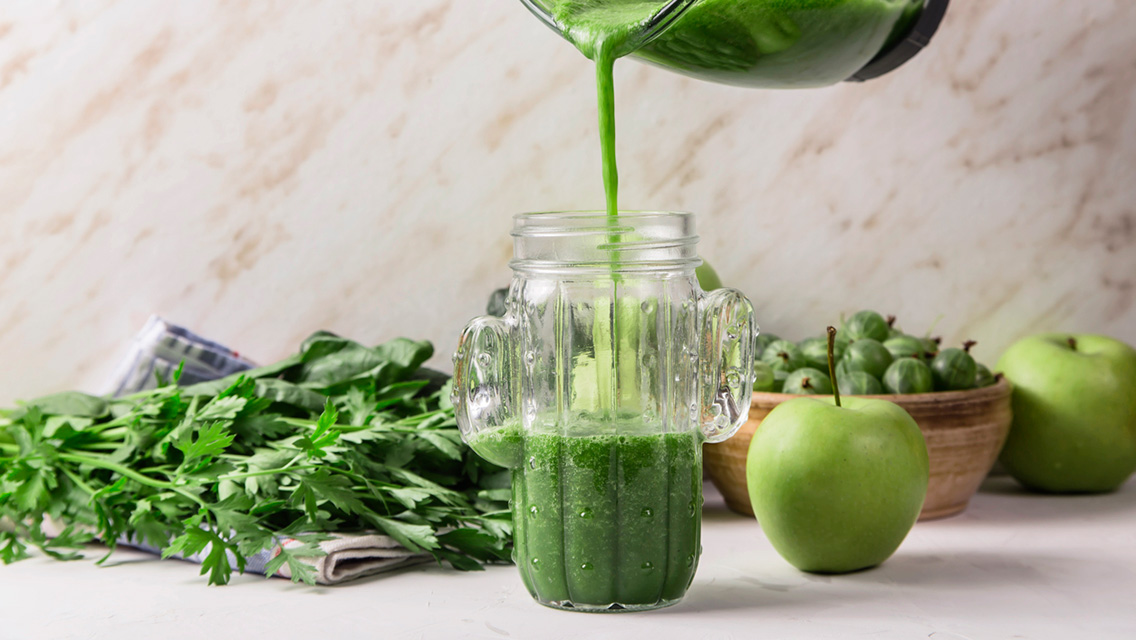Ever noticed your urine turning neon yellow after taking a multivitamin? If so, you’ve witnessed your kidneys at work. Vitamin B2 (riboflavin) is a yellow, water-soluble vitamin; when the body absorbs what it needs, the kidneys ensure that the excess is excreted through the urine. Hence the dramatic color change.
This small pair of bean-shaped organs filters all your blood dozens of times per day. In addition to surplus vitamins, the kidneys clear out ammonia, urea, uric acid, creatinine, heavy metals, hormone metabolites, and excess salt.
Though the kidneys regularly remove these substances from the blood, they can sometimes have trouble passing them into the urine. As a result, toxins can accumulate. When their toxic burden gets too big, the kidneys slow down. When overwhelmed, the kidneys can become toxic themselves, causing stones, infections, cysts, or tumors.
Blood flow is crucial for kidney function. Anything that impedes blood flow to the kidneys (think high blood pressure, metabolic disorders, and phosphate additives from sodas and processed foods) makes them less efficient. High blood sugar, heavy use of nonsteroidal anti-inflammatory drugs (NSAIDs), smoking, and excessive alcohol consumption can also impair kidney function.
How to Support the Kidneys:
On a daily basis, you can support your kidneys with foods, herbs, and spices that benefit circulation, says Institute for Functional Medicine board chair Joseph Pizzorno, ND, in his book The Toxin Solution. These include:
- Beets and beet juice
- Blueberries
- Dark chocolate
- Turmeric
- Ginger
- Ginkgo biloba
Hydration is another critical pillar of kidney support, adds Sara Jean Barrett, ND, a Minneapolis-based integrative practitioner who treats patients with chronic health conditions. Dark urine or infrequent urination are sure signs you should up your water intake. Swelling in the legs, ankles, feet, or face is another indication that the kidneys need extra assistance.
When addressing kidney issues with interventions beyond hydration or gentle dietary support, it’s crucial to work with a truly knowledgeable integrative practitioner, says Bhaswati Bhattacharya, MPH, MD, PhD, a board-certified and licensed physician with advanced training in pharmacology and Ayurveda practicing integrative medicine in New York City. “Tinkering with the kidneys is not a small thing.”
Go Deeper
The body already knows how to clear toxins — but you can give your detoxification system a helping hand. Learn more at “How to Support Your Body’s Natural Detox Organs,” from which this article was excerpted.





This Post Has 0 Comments